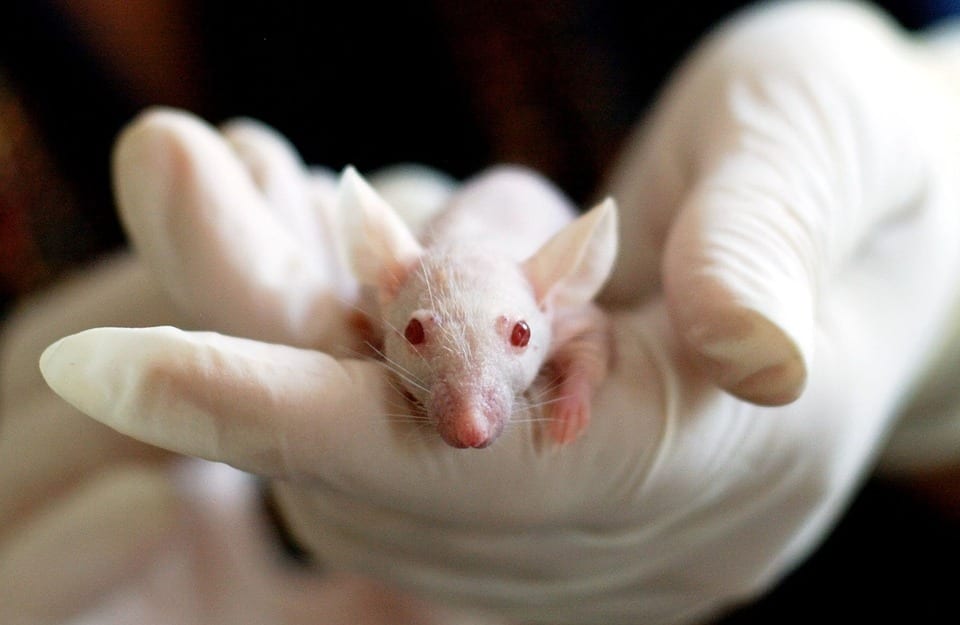Good news teenagers and perpetually frustrated people everywhere – it turns out all of those heavy sighs can actually contribute to your wellness.
In fact, you’d die without it.
Scientists just pinpointed the region in the brain that transforms breathing into a life-giving sigh, and the findings were published in the journal Nature.

Image Credit: Pixabay
Physiologically speaking, sighing is a way to keep your lungs inflated.
“A sigh is a deep breath, but not a voluntary deep breath. It starts out as a normal breath, but before you exhale, you take a second breath on top of it,” said study co-author Jack Feldman in a press release.
You sigh up to 12 times every hour, and even more than that when you’re stressed or anxious.
Good thing, says Feldman.

Image Credit: Pixabay
“If you don’t sigh every five minutes or so, the alveoli will slowly collapse, causing lung failure. That’s why patients in early iron lungs had such problems, because they never sighed.”
Research in mice indicates that a bundle of about 200 cells in the brain stem that releases peptides is responsible for the involuntary sighing reflex, and scientists say it’s unusual for such a small cluster of neurons to have so much power.
“Sighing appears to be regulated by the fewest number of neurons we have seen linked to a fundamental human behavior. These molecular pathways are critical regulators of sighing, and define the core of a sigh-control circuit. It may now be possible to find drugs that target these pathways to control sighing.”

Image Credit: Pixabay
Which is to say, these findings could help spur more research that could eventually lead to discovering treatment for people with diseases that leave them struggling to breathe.
Who would have thought that something so small would have so much potential? Isn’t science fun?!






